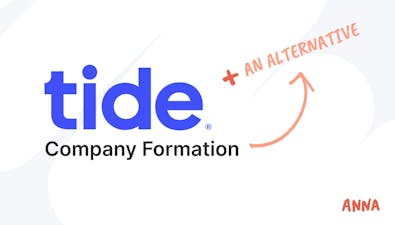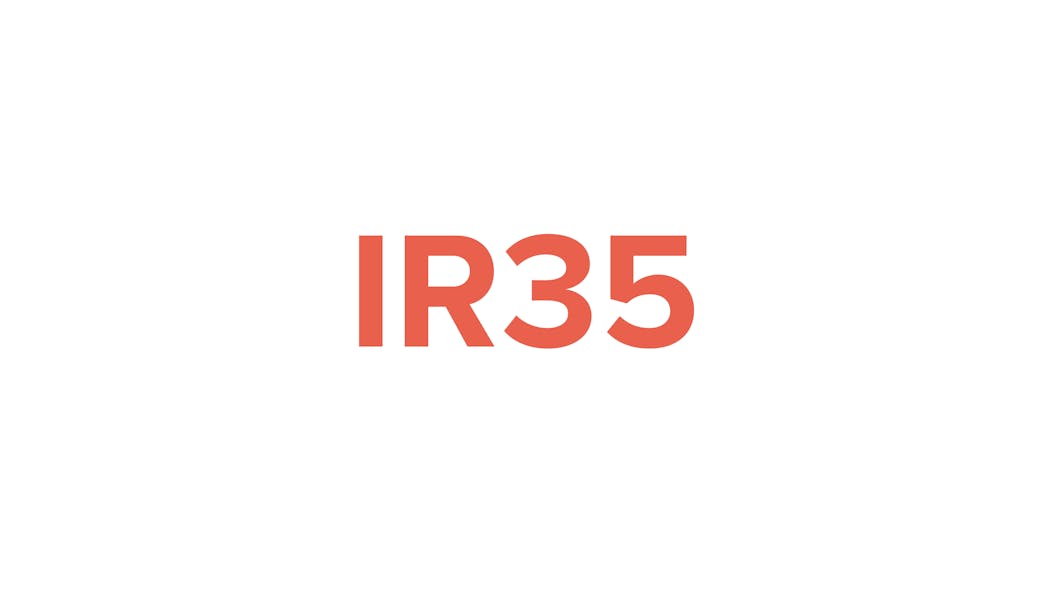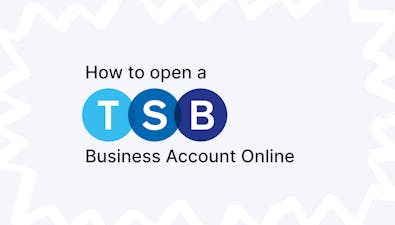
What is IR35? Explained Rules and Legislation for Off-Payroll Working


IR35 legislation affects any business that uses off-payroll working (that means workers at a company who aren’t on PAYE). Changes to IR35 were originally due to be introduced last April, but the global pandemic meant they were postponed for a year until April 2021, so we’re taking a quick look at how they might affect you and your business.


What is IR35?
So, what exactly is IR35? It’s a set of tax laws created to work out whether self-employed workers (and workers employed through their own limited companies or intermediaries) are genuine or trying to manipulate the system so they pay less tax.
An example might be a company that employs a freelance graphic designer. It suits the employee to say they’re freelance as then they pay less tax. And it suits the company employing them as they don’t have to pay national insurance, pension contributions, sick pay or holiday pay. But is the graphic designer really a freelancer? They work the same hours and have the same responsibilities as a full-time employee. IR35 regulations may class them as a “disguised employee” and take a closer look at whether rules have been broken.
Who decides if a worker is IR35 compliant?
Before 6 April 2021 the responsibility for making sure the rules weren’t broken was with the individual worker. But after this date the responsibility moved onto the companies that employ them. So if you run a company, and you hire someone as a freelancer and contractor, make sure you’re not treating them as an employee. And if you’re a freelancer, think about your role – do you have lots of different clients or just one client who is effectively your employer?
There are a few questions you can ask to check if you’re a freelancer or employee.
- Do you have any control over where and when you work? If so, you’re more likely to be a freelancer.
- Can someone else do your job? If you’re a freelancer/contractor, someone else should be able to do your job. If no one else can do your job, you’re more likely to be an employee.
- Do you get paid the same amount on the same day every month? Or does it vary depending on how much you worked? If it’s the same every month, you’re almost certainly an employee.
Why does this matter?
You need to understand IR35 so you don’t fall foul of the rules and end up subject to an IR35 investigation. If HMRC think you’re paying the wrong amount of tax, they can go after you, which could result in a heavy fine and having to repay all the tax you’ve avoided. As well as a lot of stress and anxiety.
Does this affect all companies?
At the moment IR35 only affects medium and large companies (and the workers they hire). They don’t affect small businesses.
A small business is any business that meets two or more of the following criteria:
- Annual turnover is no more than £10.2 million;
- A total of fixed and current assets (before deducting current liabilities, long-term liabilities and deferred tax provisions) over £5.1 million; or
- No more than 50 employees.
Open a business account in minutes






